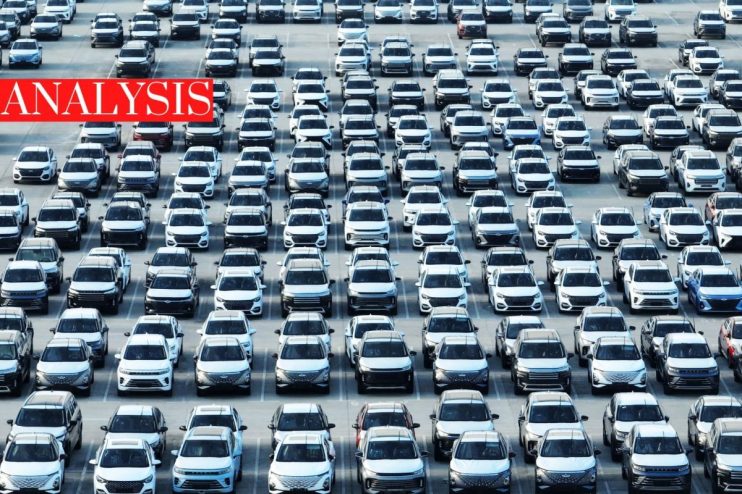Who’s really to blame for your car insurance getting more expensive?

Ask anyone who has renewed their car insurance this year and they will tell you it has gone through the roof.
The Association of British Insurers (ABI) estimates that prices are up 21 per cent over the last year.
On top of spiralling mortgage rates and a sharp rise in food costs from major supermarkets, motoring Brits are now facing another punch from inflation, with the average cost of a premium car insurance policy at £511 – the highest level since records began.
To add to their fury, major insurers Admiral Group and Aviva last week reported bumper profits in their half year results.
Price hikes led to Admiral’s revenues jumping by 21 per cent to £2.24bn in the first half of the year, with its UK motor insurance arm contributing to the majority of that growth.
That came after insurance bosses faced down the Treasury Select Committee last month over allegations of “profiteering” and “greedflation” during the cost-of-living crisis.
But motor insurance experts paint a more nuanced picture of the industry and why customers are facing such high costs.
“It might be tempting to accuse car insurers of exploiting the general economic malaise to boost their income, but the bald figures show that, for every £1 of premium income they get at the moment, they’re paying out £1.10 in claims and expenses,” Kevin Pratt, car insurance expert at Forbes Advisor, told City A.M.
The price of raw materials, car parts and higher input costs – primarily stemming from energy bills – have all hit insurers’ cost base.
“Garages are charging more because parts are more expensive and their input costs such as energy bills are also much higher,” Pratt explained.
Pratt noted that ongoing supply chain “snarl-ups,” an enduring legacy of the Covid pandemic, has forced insurers to pay out more for replacement hire cars and other additional costs.
“The longer a garage waits for parts, the longer the driver of a damaged vehicle needs a courtesy car. That costs extra money and puts courtesy cars in short overall supply, which again drives up prices.”
Mark McDonald, an insurance director at Altus Consulting, echoed his concerns: “The time for a vehicle repair to take place has increased, putting more pressure on insurers as they need to cover additional costs such as hire cars.”
Mechanics are also commanding higher wages, particularly if they have the skills to fix new electric vehicles (EVs), Pratt added.
In fact, new electric cars are a growing concern within the sector.
This is largely down to issues replacing expensive electric batteries, which have seen insurers forced to write off cars for minor incidences as many EVs have no way to repair and assess even slightly damaged battery packs.
A spokesperson from the ABI said: “Insurers are conscious that many households continue to face a higher cost of living and remain determined to ensure motor insurance stays as competitively priced as possible.”
“However, the rising costs of repairs, which have increased by 33 per cent, as well as energy inflation and increases in costs of labour and replacement parts, have made this increasingly challenging.”
But this will do little to assuage drivers concerns, who won’t see lower costs until inflation finely comes back down – and who knows when that will be.